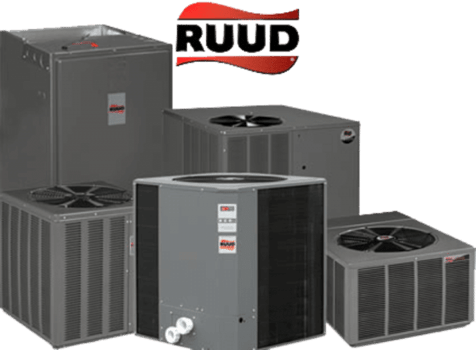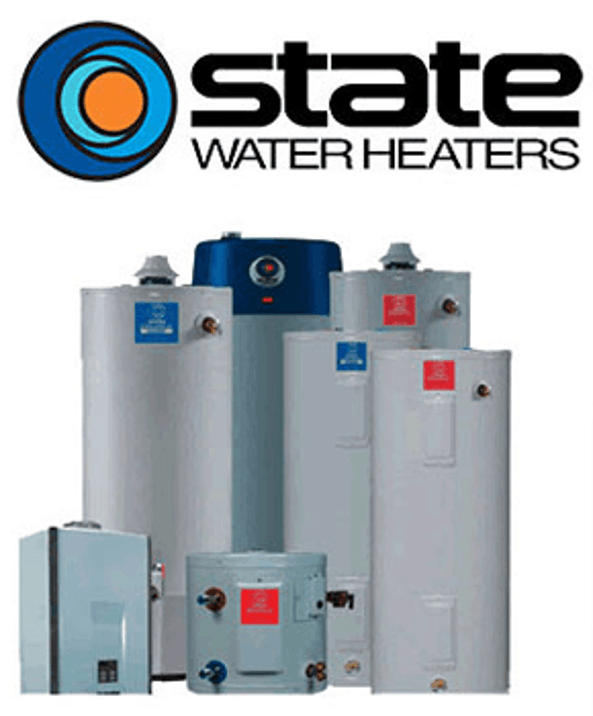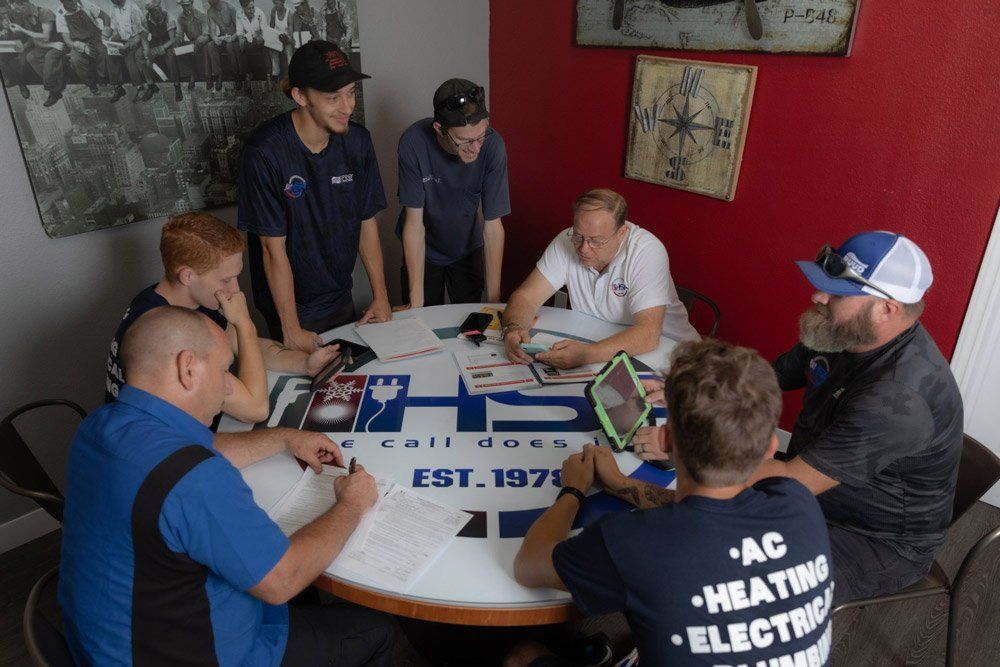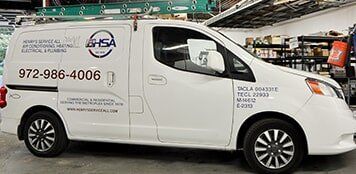4 Parts of Your AC Condenser Unit That Can Affect Efficiency
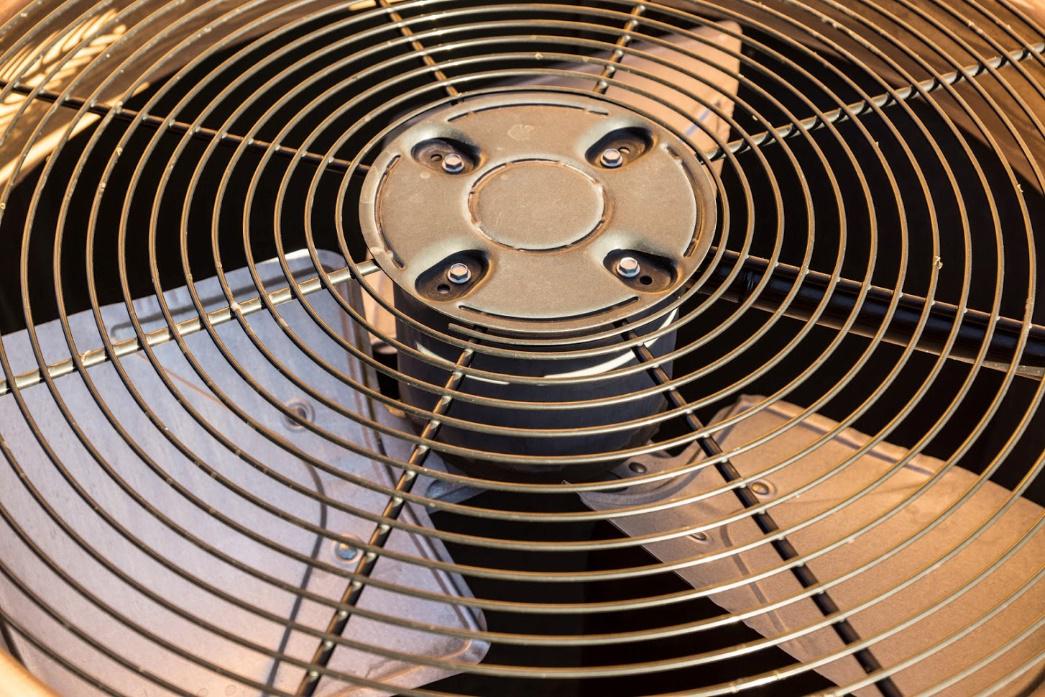
A residential air conditioning system typically has several major components such as the outdoor condenser unit and the system of ductwork connecting each room of your house to the cooled air. The condenser unit is where most of the action takes place; it houses the compressor, a fan, and the condenser and evaporator coils.
A lot can go wrong with your system's efficiency if the condenser unit isn't well-kept. Here are four parts of the condenser unit that can lower efficiency and start costing you money in increased energy bills when they suffer maintenance problems or breakdowns.
1. Condenser Coil
The condenser coil is what dispels heat into the air after the system collects this excess heat from inside your house. A number of issues can arise with the condenser coil that may hinder efficient operation, such as:
-
Bent or flattened fins
-
Coolant leak from the coil pipes
-
Fins clogged with dust or lint from nearby dryer exhaust
-
Nearby bushes or weeds preventing rapid flow of air over fins
Fortunately most of these issues can be resolved with a quick cleaning or combing of the fins or some weed whacking (just be careful not to get too close to the fins with the weed whacker). A leak may mean that you need a new condenser coil or even a new unit, though.
2. Fan Blades
Some potential issues with fan blades include loose fan blades, cracked or broken-off blades, or bent-up blades that can't drive air like they should. Because the fan is responsible for providing a continuous airflow to the unit, these issues can lead to overheating and an overworked system as well as reduced efficiency.
So in a best-case scenario with a fan issue, you're just going to have slightly higher AC bills until the fan gets fixed. But with severe fan issues or a fan problem that doesn't get fixed or that's worsened by another issue, you could end up having to complete major AC repair work as well.
3. Run Capacitor
The AC typically has two types of capacitors: the start capacitor and the run capacitor. (Sometimes these are combined in what's known as a dual capacitor.) If the start capacitor fails, the associated motor, whether that's the fan motor or the compressor motor, simply won't be able to start. It's the run capacitor that you have to worry about if you have efficiency problems.
The run capacitor is designed to help the motor stay efficient while running and not have to work as hard. So if the run capacitor goes out, the motor may still start but may then run very hot and overheat. Or the motor will work harder than usual (decreasing its life expectancy) and use more electricity than it was designed to. Installing the wrong size of capacitor can have similar effects.
4. Evaporator Coil
If you want to decrease the efficiency of your unit, just let the evaporator coil get dirty and freeze up. If you notice higher energy bills or a system that constantly runs, this could easily be the reason why.
The evaporator coil should be cleaned on a regular basis, but this isn't a DIY job; you'll need to have a professional maintenance visit. This is partly because getting to the evaporator coil is much more difficult than getting to the condenser coil. But keeping your air filters clean and changing them often can also help by reducing the amount of dirt that gets to the coil.
These are four parts of your AC condenser unit that can lower your AC system's overall efficiency if not kept in great condition. Some of the issues mentioned here are just maintenance issues, while others may require major repairs. But whichever one your unit needs, Henry's Service All can get it done. Give us a call today to learn more about our extensive services.



